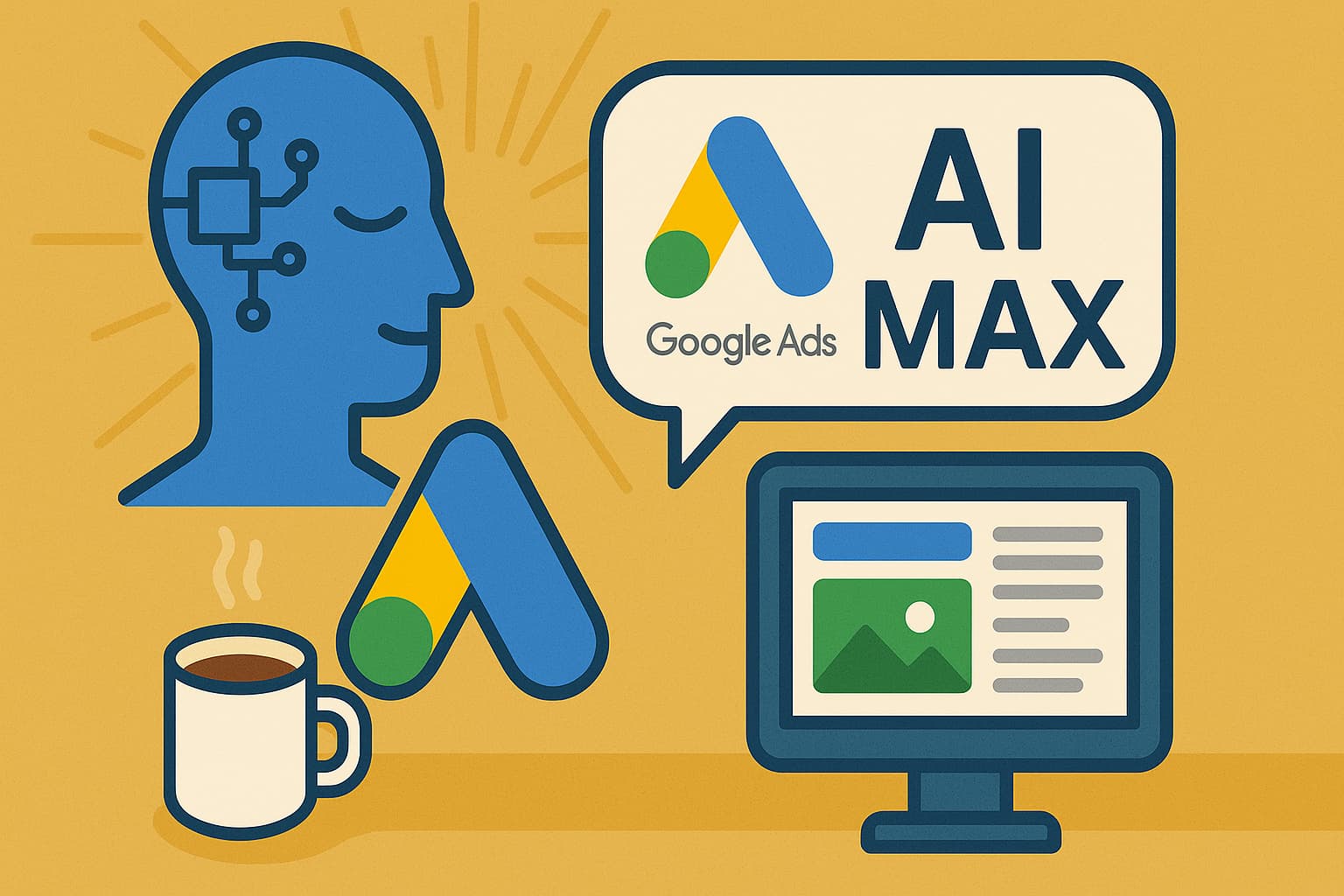Microsoft Bing Search vs. Google Search has never really been much of a competition. Google Search vastly outnumbers and outperforms Bing both in effectiveness, reach and value to advertisers. While Bing captures about 7% of the search advertising market, their recent purchase of ChatGPT has a lot of eyes on Microsoft and how it will integrate this technology into its consumer and business suites of products. The future is definitely bright for bots like Chat GPT, but how will it be used, how can it affect the digital ads industry, and how will it affect Google Search’s market share?
ChatGPT took only five days to hit 1 million users. Spotify hit the same feat in 150 days. Instagram? 75 days. This tremendous growth shows the world’s appetite for such a unique product. Google has immediately felt the pressure and just released their Google Bard AI as a competitor to ChatGPT; however, in their opening launch live on air, their tool shared incorrect facts, and subsequently, Google’s stock took an 8% nosedive as market sentiments shifted. From a branding standpoint, Microsoft’s purchase of ChatGPT for $10 Billion has a lot of eyes on Bing Search and Bing Ads and how the tool will be integrated.
Just today, Bing announced ChatGPT integration into its search engine, and it’s already live in beta, with a premium model in the works. The question on everyone’s mind in our office is how will this affect search behaviour, and how will it affect digital advertising, content creation and SEO?
Search Behaviour
Humans are pretty used to search engines and how they can be used to find the information we’re looking for. We, as a society, have a firm understanding of what kinds of information a search engine can provide and have adjusted our search query behaviour accordingly. Here are some examples:
1-bedroom rental suites near me
In this example, we’re asking the search engine to identify 1-bedroom suites close to my GPS coordinates and display them on screen. This is a problem-solution scenario. This shows the we understand that the tool can show relevant options to the query based on our geographical location, as long as we input ‘near me’ into the query. Let’s look at another one.
Emergency plumber to fix sewage drain now
In this example, we’re giving the search engine a keyword dump to add context in hopes it will find matching businesses or articles that use these keywords in their website copy or Google My Business services. This is a problem-solution with a keyword context scenario. Again, the way we’re searching is indicative of our understanding of how search engines work. We’re adding in context like ’emergency’ and ‘now’ to suggest we want businesses that are open now, and ones that specifically can fix sewage drains.
How many cups are in a litre?
In this example, we’re most likely cooking and are asking through voice for an answer to a problem. This is a conversational question using a voice scenario. This indicates that we know search engines can respond and understand to basic questions through voice search.
Chat GPT on the other hand works very differently. It’s mostly used for more complicated questions that Google Search would struggle to provide due to a lack context and/or a lack of content online due to the specificity of the request. Asking Google Search to “design you a detailed itinerary for a 21-day trip through Italy, Spain & Portugal, including restaurant recommendations” would bring you a list of sites with the highest density of keyword matches from your query, but there would be no perfect match as the request is so detailed.
ChatGPT would literally design your itinerary in complete detail in seconds – including restaurants to explore while taking into account flight lag, travel and top tourist destinations within a country. That’s a lot of variables to consider!! Ask it to build you a vegan 5-course meal to impress your friends, including recipes – it’ll spit it out. Summarize a 30-page article into 1 page, it can get it done in seconds. As you can see, the complexity of what tools like ChatGPT can offer will ultimately begin to change how humans will interact with search.
Rather than asking it for ‘1-bedroom rental suites near me’, we likely will be able to ask it to ’email me a list of dog-friendly 1-bedroom rental suites with a minimum of 800 square feet in Edmonton’s downtown’. I’m betting very soon, this will be possible.
The point is, we’ll begin to use this tool in ways we never previously thought possible, and as a result, how we search will fundamentally change. This will mean advertisers will also need to adapt, and so will ad platforms.
It will undoubtedly be very interesting to see how both Google Bard & Microsoft’s Chat GPT will be integrated into Search and ads; one thing though remains very clear though, there’s no way they will cannibalize their own revenue sources to do so. Both companies make a lot of revenue from search/display advertising, and smooth UX integration will be one of the top priorities for both companies.
We asked Chat GPT how it believes it will impact the digital advertising world, and this was its response:
“ChatGPT and other AI-powered technologies can help advertisers to provide more personalized and interactive experiences for their customers. For example, ChatGPT can be integrated into chatbots and virtual assistants to assist customers in finding the products or services they are looking for, and to provide more tailored recommendations based on their preferences and past behaviors. Additionally, ChatGPT can be used to generate engaging and compelling content, such as product descriptions and ad copy, that can help to drive conversions and improve ROI for advertisers.
It’s also possible that the use of AI technologies like ChatGPT may help to reduce the cost and improve the efficiency of digital advertising, as AI-powered systems can automate repetitive tasks and improve targeting and optimization.
Overall, the use of ChatGPT and other AI-powered technologies is likely to have a transformative impact on the digital advertising industry, helping advertisers to better understand and engage with their customers, and to deliver more impactful and efficient advertising campaigns.”
So according to ChatGPT itself, it will most likely be around to support copywriting efforts, help make ads easier and more accessible to the masses (i.e. more revenue) and improve our ability to target.
Content & SEO
Content/SEO may be a whole different story, though. If these tools are browsing the web for information to provide in their responses, how will creators be rewarded? How will good content rise to the top? And what would be the benefit of writing good content in terms of SEO? Will search engines have less power than they used to as users search behaviour changes? Will these tools begin to present their responses with respective ads on the sides? Will these tools integrate ads directly into their responses? We will have to wait and find out.
The future of search is changing, and here at Strong Coffee Marketing… we’re excited to see where it goes.
Recent Posts
Boost Business Efficiency with Google Workspace Automation Tools
Streamlining Your Business with Google-Based Automations Hey there, fellow business owners! If you’re like most of us, you probably feel like there just...
Harnessing Google Tag Manager for Better User Insights and Performance Tracking
Unlocking the Power of Google Tag Manager: Simplifying Tracking and Understanding User Behavior Hey there, fellow business owners! If you’re navigating the digital...
AI Max: Transform Your Google Search Ads Strategy Today
Unleashing the Power of AI with Google Ads’ New AI Max Hey there, fellow business owners! If you’re anything like us at Strong...


